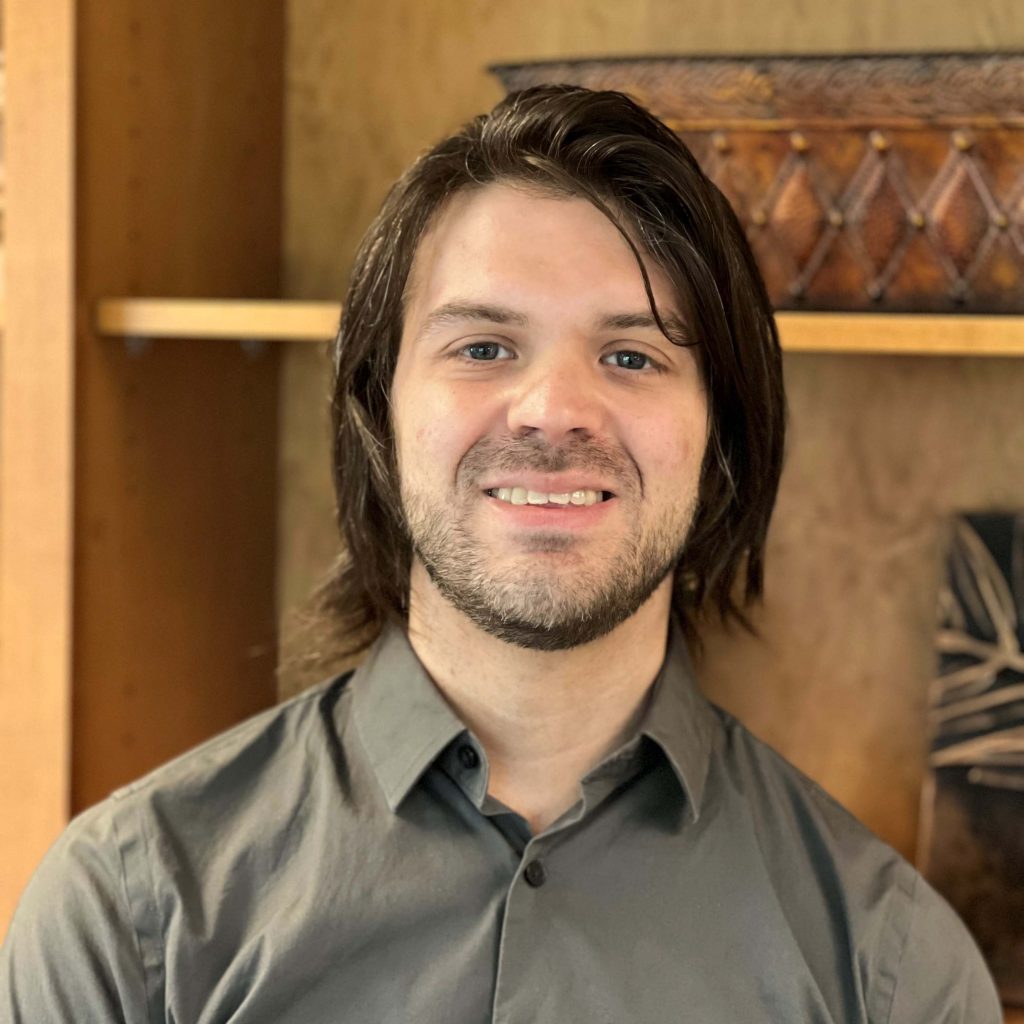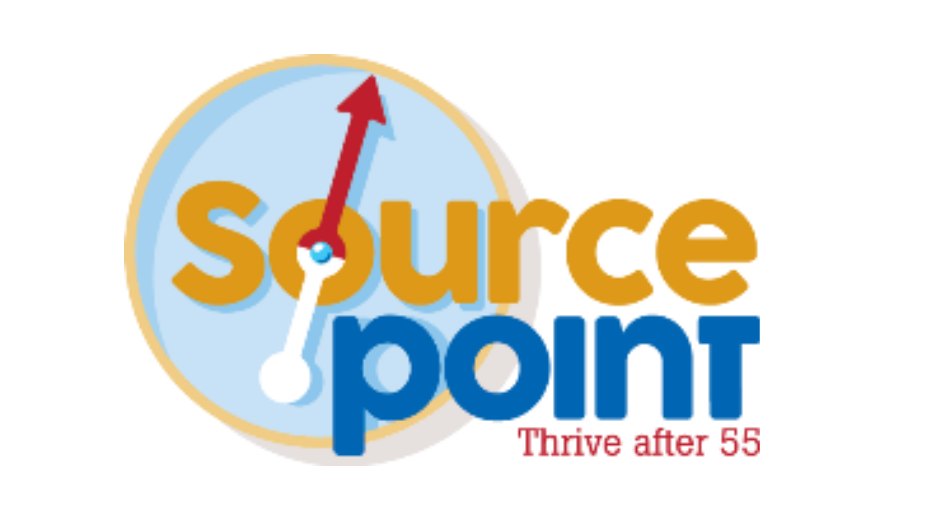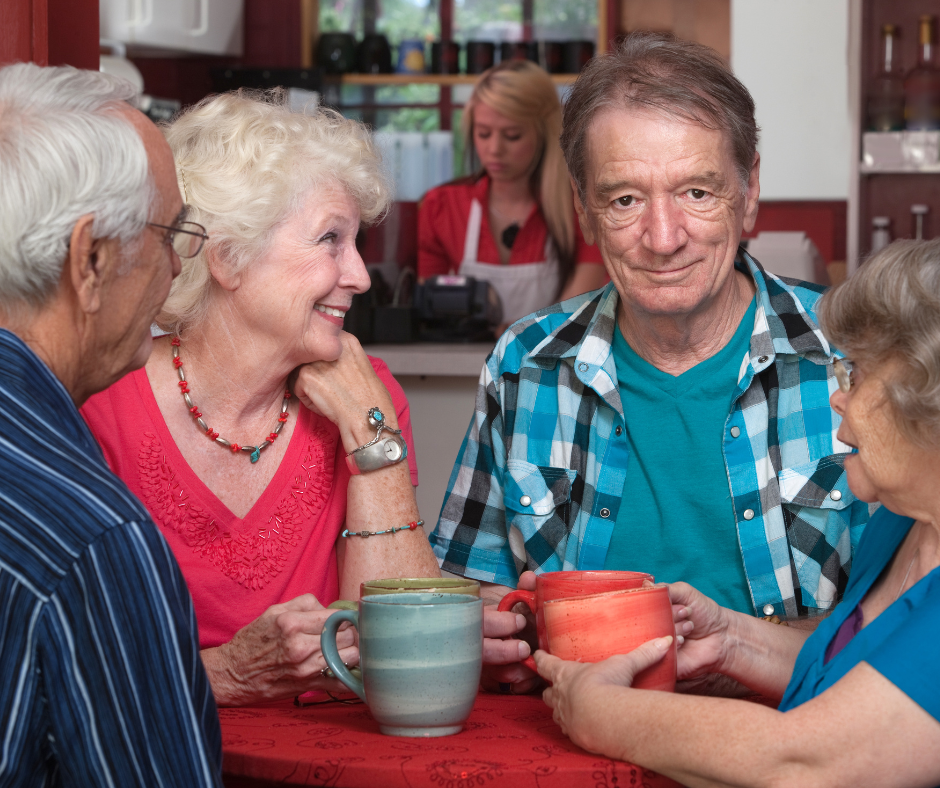By Brian Fox, SourcePoint Caregiver Program Coordinator
Like many of my peers coming into adulthood at the onset of the digital age, I developed a healthy dose of skepticism when it comes to lifestyle advice. Lately, though, I’ve been working on toning this little defense mechanism of mine down a little.
Possessing media literacy is one thing but at what point do I just become a full-on curmudgeon? I would hate to miss something that might be helpful for a family I serve all because I got scared away by a few buzzwords. We can all stand to learn and grow a little bit more and I shouldn’t bar the door to my self-improvement just because I don’t want to memorize any new proper nouns, right? So, here’s me, taking the tinfoil cap off for a bit to share with you a turn of phrase I recently uncovered from one of those dreaded editorials: the concept of having a “Third Place” to call one’s own.
The term Third Place—which was coined in the 1980s by a sociologist named Ray Oldenburg— essentially refers to a physical location other than work or home where there’s little to no financial barrier to entry and where conversation is the primary activity. So why all the renewed interest and media buzz surrounding this radical new idea of um… *checks notes* just hanging out?
Well, recent survey findings indicated that in 2019, about two-thirds of Americans said they had a favorite local place they went to regularly. That two-thirds has since dropped to a little more than half, according to the American Community Life Survey.
“But wait,” you say. “I thought sometimes you want to go where everybody knows your name? Cheers wouldn’t lie to me, would it?” you howl. “Would it?!” But then you start to look at the world around you and realize a few things:
1). Our communities drastically reshaped themselves during the COVID-19 pandemic.
2). Mental health is a global public health issue.
3). A lot of neighborhoods are designed in a way that inhibits social interaction.
4). It’s getting more expensive to even exist. We also have a lot less free time.
Not only is society facing a crisis of isolation but many environments that would have typically provided this Third Place experience have undergone substantial changes. A lot of venues that might have once been considered the ideal Third Place have either become monetized, receive less public funding, or are now designed to discourage self-guided exploration. In corporate America we are even seeing the trend of employee-only coffee shops and other co-working amenities, sinisterly blurring the line between work and traditional Third Places.
For these reasons, it becomes even more important to find one’s Third Place before or during retirement age.
“A world made up of atomized, physically isolated people is a world without a true shared reality—which is a recipe for civic disengagement, misinformation, and perhaps even political extremism.”
-Kathy Giuffre, Professor Emerita of Sociology at Colorado College.
In my work with both family caregivers and their care receivers, I oftentimes act as an intermediary between the family and SourcePoint’s In-Home Care network to ensure all practical needs are met. However, anyone who is even a social work adjacent understands that once those security needs are fulfilled, that person still requires meaningful human interaction with their peers to flourish. Similarly to how I might accompany a family in their meetings with SourcePoint’s Information and Referral team to discover what formal supports should be considered, I have had the immense privilege of working alongside our creative team in the Enrichment Center, writing ‘prescriptions’ of our own for which hobbies someone with Parkinson’s Disease might reconnect with or introducing a caregiver to a new art medium or finding some low impact outdoor activities the whole group can embark on, regardless of ability level.
With so many programs, across such a broad spectrum of interests, we know it can get overwhelming getting started. Talk about good problems!
I am supported in my role as Caregiver Program Coordinator in such a way that I don’t have to know everything, I just have to know who to ask and then connect the dots from there. So, when I say it is a true joy to help someone find their next new thing I am not just speaking for me either. That goes for Marilyn and Sherryl with the Community Engagement team, Valarie, Mimi, and Austin with Wellness, Joan and Carol with Art and Education, and of course Mary Ann with our Trips.
So, give me a call sometime and we can schedule a casual drop-in to learn more about a particular activity with my appropriate teammate and myself—fine-tuned for you or a loved one’s level of engagement!

Support groups, free classes and workshops, and one-on-one consultations are available for family caregivers of any age who live in Delaware County, as well as those who are caring for a loved one who lives in the county. To learn more visit MySourcePoint.org/caregiver. Or schedule a private discussion with Caregiver Program Coordinator, Brian Fox. Brian can be reached by e-mail at bfox@MySourcePoint.org or by phone at 740-203-2399.


